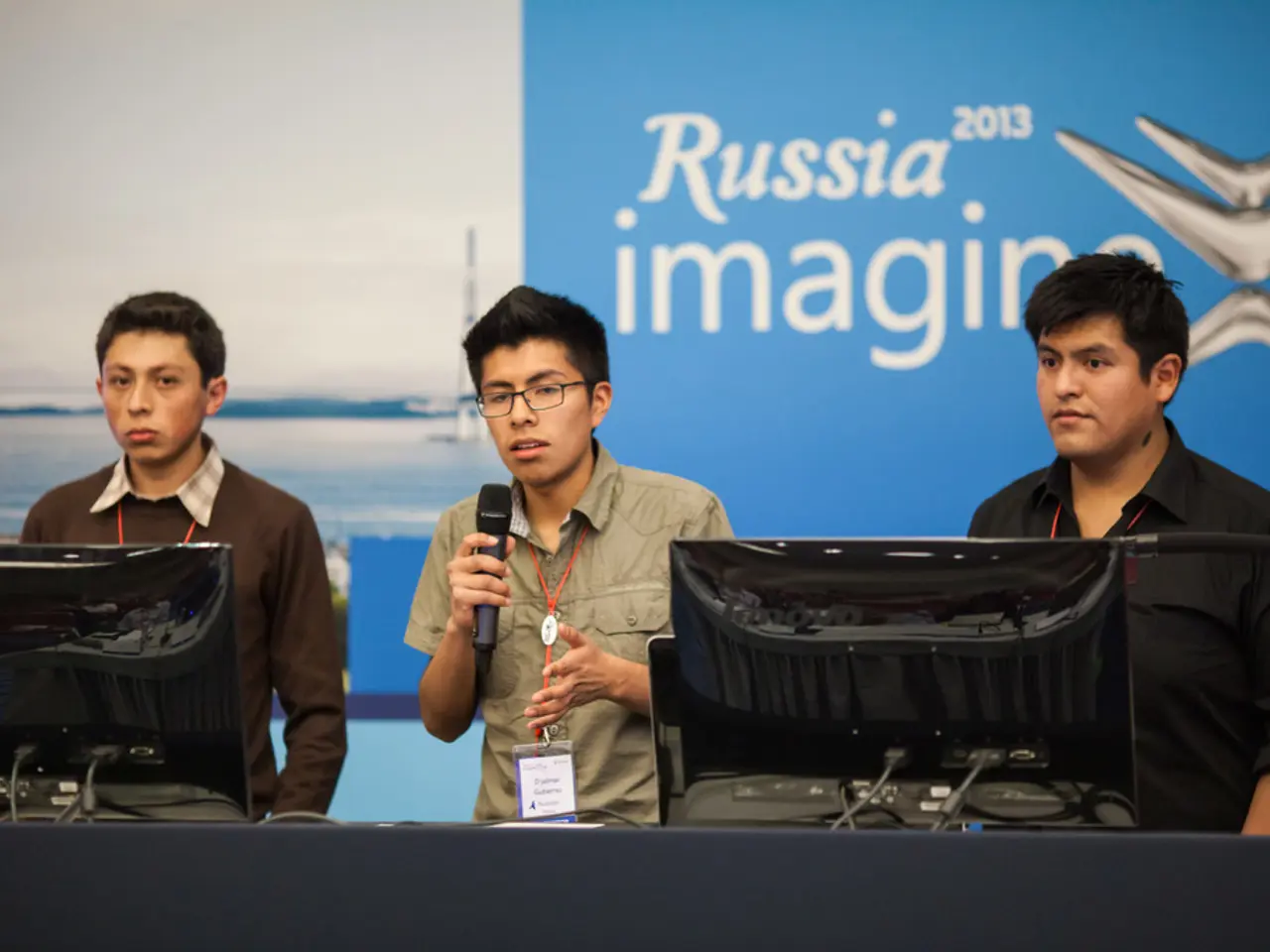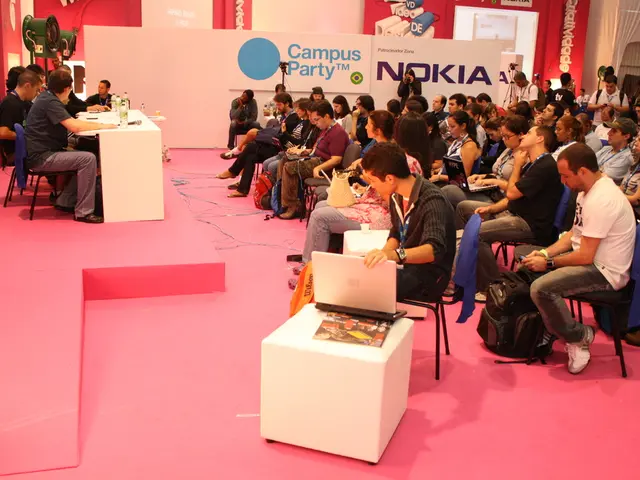AI won't replace human employment: Poll findings
In a recent survey conducted by Genpact, it was revealed that the majority of workers do not believe that Artificial Intelligence (AI) is currently taking away their jobs. The survey, which involved over 5,000 participants across the US, the UK, and Australia, aimed to understand the attitudes of workers towards AI and its impact on their careers.
Sanjay Srivastava, Chief Digital Officer of Genpact, stated that AI brings a seismic shift in the future of work. He emphasized that the key to effective human-machine collaboration is a top-down culture that embraces AI, learning, and training at all levels. Mr. Srivastava also said that businesses that invest in the right AI tools and upskill their workforce will succeed in the new world.
While few workers fear AI's immediate threat to their jobs, 28% of all respondents expressed concern about AI's potential impact on their current positions. However, the worry deepens when it comes to future generations, with 58% of respondents fearing AI's impact on their children's and future generations' career opportunities.
The survey also highlighted that only a quarter of companies currently help their employees take advantage of AI. Just a little more than a third of companies provide reskilling to address technology disruption, according to the survey. This suggests that many workers may feel unprepared to work with AI, with nearly a third (30%) of workers worried that they will not have the money or time for necessary retraining.
Interestingly, only 10% of surveyed individuals strongly agree that AI threatens their jobs today. This indicates that while there is concern about the future, the immediate impact of AI on jobs may not be as significant as some had feared.
The survey did not provide specific details about the remaining 60% of workers who were not comfortable working with robots within the next three years. It also did not specify the percentage of companies that do not provide reskilling to address technology disruption.
Some German companies, like Deutsche Telekom, are supporting their employees financially and with time for training to work with artificial intelligence. However, many employees in Germany still feel insufficiently qualified for AI-related tasks, indicating that such support is not yet widespread across all companies.
The survey noted that a third of workers worry that they will not have the money or time for necessary retraining to work with AI. It also highlighted that nearly everyone (90%) believes younger generations need new skills to succeed as AI becomes more prevalent at work. However, the survey did not provide details about the specific skills that younger generations need to succeed as AI becomes more prevalent at work.
In conclusion, while the immediate impact of AI on jobs may not be as significant as some had feared, there is a growing concern about its impact on future generations. Companies that invest in the right AI tools and upskill their workforce will be well-positioned to succeed in the new world of work. A top-down culture that embraces AI, learning, and training at all levels is crucial for effective human-machine collaboration. This culture should be within a comprehensive change management framework, according to Srivastava.






